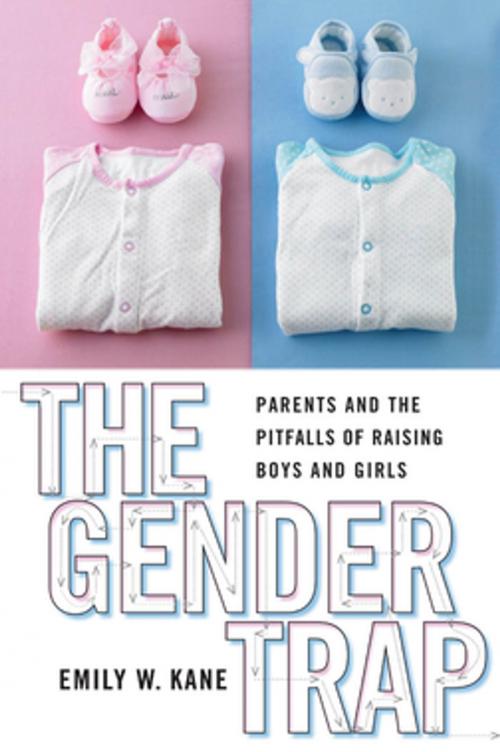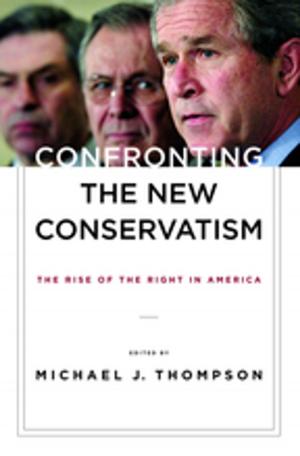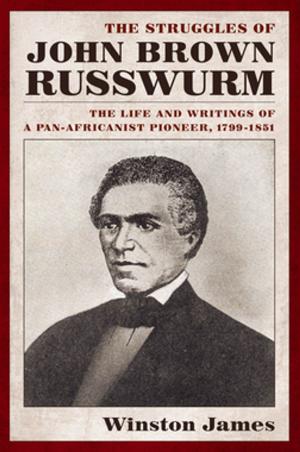The Gender Trap
Parents and the Pitfalls of Raising Boys and Girls
Nonfiction, Family & Relationships, Parenting, Social & Cultural Studies, Social Science, Gender Studies| Author: | Emily W. Kane | ISBN: | 9780814771440 |
| Publisher: | NYU Press | Publication: | August 27, 2012 |
| Imprint: | NYU Press | Language: | English |
| Author: | Emily W. Kane |
| ISBN: | 9780814771440 |
| Publisher: | NYU Press |
| Publication: | August 27, 2012 |
| Imprint: | NYU Press |
| Language: | English |
From the selection of toys, clothes, and activities to styles of play and emotional expression, the family is ground zero for where children learn about gender. Despite recent awareness that girls are not too fragile to play sports and that boys can benefit from learning to cook, we still find ourselves surrounded by limited gender expectations and persistent gender inequalities. Through the lively and engaging stories of parents from a wide range of backgrounds, The Gender Trap provides a detailed account of how today’s parents understand, enforce, and resist the gendering of their children. Emily Kane shows how most parents make efforts to loosen gendered constraints for their children, while also engaging in a variety of behaviors that reproduce traditionally gendered childhoods, ultimately arguing that conventional gender expectations are deeply entrenched and that there is great tension in attempting to undo them while letting 'boys be boys' and 'girls be girls.'
Instructor's Guide
From the selection of toys, clothes, and activities to styles of play and emotional expression, the family is ground zero for where children learn about gender. Despite recent awareness that girls are not too fragile to play sports and that boys can benefit from learning to cook, we still find ourselves surrounded by limited gender expectations and persistent gender inequalities. Through the lively and engaging stories of parents from a wide range of backgrounds, The Gender Trap provides a detailed account of how today’s parents understand, enforce, and resist the gendering of their children. Emily Kane shows how most parents make efforts to loosen gendered constraints for their children, while also engaging in a variety of behaviors that reproduce traditionally gendered childhoods, ultimately arguing that conventional gender expectations are deeply entrenched and that there is great tension in attempting to undo them while letting 'boys be boys' and 'girls be girls.'
Instructor's Guide















